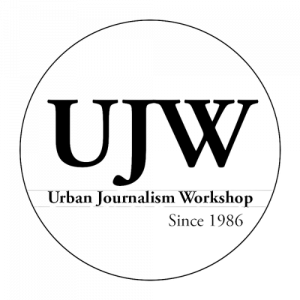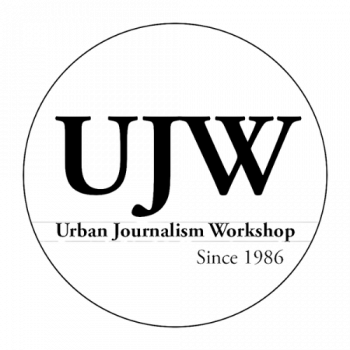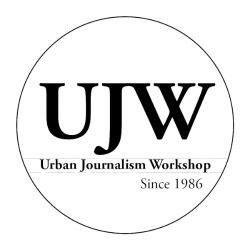By Queen Hudgins
UJW Staff
WASHINGTON – The African-American Civil War Memorial and Museum is the nation’s only tribute to the slaves who fought for their freedom, according to founder Frank Smith.
This year marks the 150th anniversary of the Civil War, and Smith said he hopes that many of the millions of people who come to the historic U Street corridor will visit the museum.
Its displays are striking. Three life-size posters of Civil War soldiers hang in the windows overlooking the museum’s entrance. When lighted at night, and from a distance, they look live real as the men who joined forces with the Union Army.
To win the war meant winning President Abraham Lincoln’s promise of freedom, Smith said.
“Black people had to lock and load and get in that Army like everybody else and take chances and get out there and help Lincoln to win,” Smith said during an interview with student journalists at the museum.
The purpose of the museum is to “correct the wrong in history,” he said, adding that African-American soldiers in the war weren’t given the proper recognition.
“It’s important for the black community to know that we did something to help ourselves. It’s also important for white people to know that we valued that freedom so much that we were willing to risk our lives to get our own freedom,” he said.
There were about 180,000 African-American soldiers who formed the Colored Troops in the Union Army, according to AmericanCivilWar.com, and 23 were given the Congressional Medal of Honor for their bravery.
“The medal is the highest award for valor in action against an enemy force which can be bestowed upon an individual serving in the Armed Services of the United States,” according to the website of the Congressional Medal of Honor Society.
Smith said most of the funding for the museum’s new building, set to have its grand opening in July, comes from the D.C. government – a body familiar to Smith, who served four elected terms with the District Council from 1982 to 1998.
“I convinced the mayor and the City Council to put up $5 million to enlarge the museum because if we enlarge the footprint of the museum, we’ll enlarge the traffic coming into the neighborhood,” Smith said.


